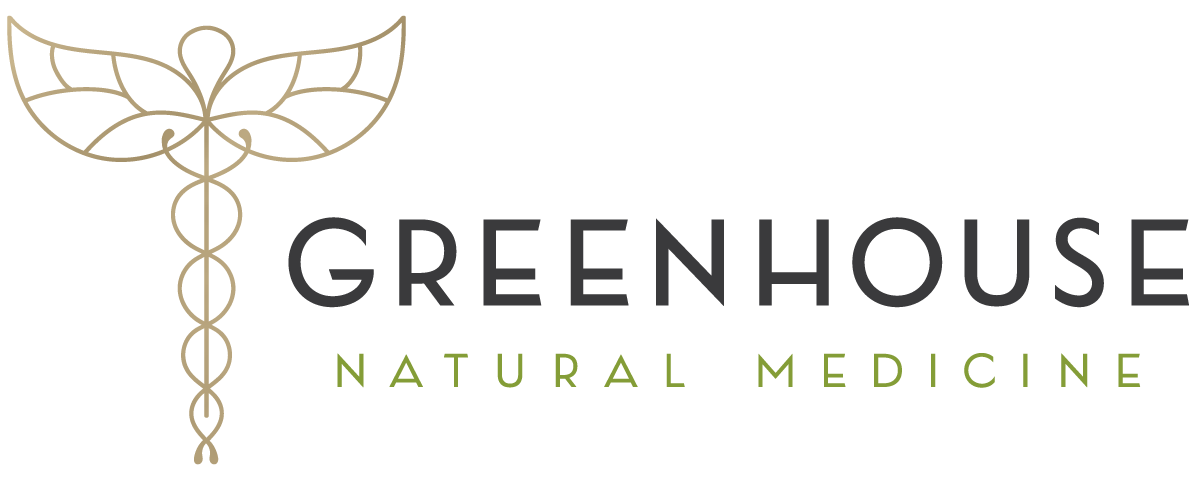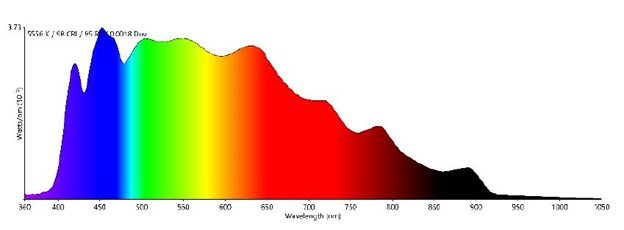
Red Light Therapy
in New England
Red Light Therapy
Ultraviolet Blood Irradiation (UVBI), also known as Red Light Therapy or Photobiomodulation, is a procedure that has gained attention in recent years for its potential health benefits and applications in various medical conditions.
When we perform Ultraviolet Blood Irradiation at Greenhouse Natural Medicine, we draw blood from the patient and run it through quartz crystal tubes, which are exposed to high-intensity bulbs. The blood is irradiated with UV light from the bulbs, as well as red, amber, blue, and green light, before returning to the body.
While the blood is exposed to the ultraviolet light, pathogens and bacteria are killed and the blood becomes charged with more energy from the light. The entire procedure takes about one hour and has been shown to improve multiple health conditions along with overall health.
Ultraviolet Blood Irradiation (UVBI), also known as Red Light Therapy or Photobiomodulation, is a therapeutic technique which exposes the blood to ultraviolet (UV) light.
UVBI works on the principle that specific wavelengths of UV light can have therapeutic effects on blood. When blood is exposed to UV light, it undergoes photochemical reactions. The light triggers the formation of singlet oxygen and other reactive oxygen species, which have been shown to have antimicrobial, immunomodulatory, and anti-inflammatory properties.
Additionally, UVBI may help stimulate the production of nitric oxide, a molecule involved in vasodilation (widening of the blood vessels for improved flow) and immune regulation.
How Does Ultraviolet Blood Irradiation Work?
Red Light
Improves microcirculation and utilization of oxygen in tissues
Activates mechanisms of cellular immunity
Detoxication effect, improvement of microcirculation
Improves wound healing
Stimulates collagen production
Stimulates hair follicles
Stimulates lymphatic circulation
Improves cellular energy production
Pain relief
GREEN LIGHT
Can help with nerve pain, headaches, and migraines.
Supports heathy stem cell growth and development
Improves oxygen levels in the blood and tissues
Improves the look of aging skin by lightening hyperpigmentation (sun spots), circles under the eyes, and visible capillaries on the skin)
Shortens healing time of sunburns
Enhances glucose metabolism
NEAR INFRARED
Stimulates tissue regeneration at a deeper level
Provides pain relief at deeper levels
Can improve circulation in larger, deeper vessels
BLUE LIGHT
Improves rheology of the blood
Increases metabolism
Decreases high blood glucose parameters
Enhances immunological response
Supportive for wound healing (superficial skin in combination with other therapies) and bacterial infections
Calming to the nervous system
Can alleviate seasonal affective disorder by elevating mood
At Greenhouse Natural Medicine, we offer UVBI with the full spectrum of light, because there are unique benefits to each wavelength.
Methylene Blue
We use the Hemealumen Machine and InLight Device in the office to enhance the effects of Methylene blue with Red Light. This can also be used with great benefit as oral medication without the use of red light.
-
Methylene blue, first discovered and used as a dye in the textile industry in the late 1800’s being the first synthetic medication used in humans. It was one of the first therapies to treat Malaria over 100 years ago. Peer reviewed research shows the beneficial effects of Methylene blue significantly improved with exposure to red light (Photobiomodulation) with enhanced neuroprotective benefit and reduced viral load for COVID-19. Over the past century research has supported medical use of Methylene blue to be the following:
· Infections (bacterial, especially Bartonella and Lyme disease infections)
· Antifungal properties
· Supportive treatment for Long-haul COVID
· Anti Aging properties specifically for the brain and nerves throughout the body
· Chronic fatigue and myalgic encephalitis
· Support for anxiety and depression
· Anti-inflammatory
· Improves mitochondrial function

Learn more about the science
Peer-Reviewed Articles About the Benefits of Light Therapy
-
Al-Quisi, Ahmed Fadhel et al. “Efficacy of the LED Red Light Therapy in the Treatment of Temporomandibular Disorders: Double Blind Randomized Controlled Trial.” Pain research and treatment vol. 2019 8578703. 6 May. 2019, doi:10.1155/2019/8578703
Hamblin MR. Mechanisms and applications of the anti-inflammatory effects of photobiomodulation. AIMS Biophys. 2017;4(3):337-361. doi:10.3934/biophy.2017.3.337
Gale GD, Rothbart PJ, Li Y. Infrared therapy for chronic low back pain: a randomized, controlled trial. Pain Res Manag. 2006;11(3):193-196. doi:10.1155/2006/876920
Reuss, Anna Maria et al. “Blue-light treatment reduces spontaneous and evoked pain in a human experimental pain model.” Pain reports vol. 6,4 e968. 8 Dec. 2021, doi:10.1097/PR9.0000000000000968
Cardoso FDS, Gonzalez-Lima F, Gomes da Silva S. Photobiomodulation for the aging brain. Ageing Res Rev. 2021 Sep;70:101415. doi: 10.1016/j.arr.2021.101415. Epub 2021 Jul 26. PMID: 34325071.
Torres AE, Lim HW. Photobiomodulation for the management of hair loss. Photodermatol Photoimmunol Photomed. 2021 Mar;37(2):91-98. doi: 10.1111/phpp.12649. Epub 2021 Jan 13. PMID: 33377535.
Heiskanen, Vladimir, and Michael R Hamblin. “Photobiomodulation: lasers vs. light emitting diodes?.” Photochemical & photobiological sciences : Official journal of the European Photochemistry Association and the European Society for Photobiology vol. 17,8 (2018): 1003-1017. doi:10.1039/c8pp90049c
Ferraresi C, Huang YY, Hamblin MR. Photobiomodulation in human muscle tissue: an advantage in sports performance?. J Biophotonics. 2016;9(11-12):1273-1299. doi:10.1002/jbio.201600176
Hamblin MR. Shining light on the head: Photobiomodulation for brain disorders. BBA Clin. 2016;6:113-124. Published 2016 Oct 1. doi:10.1016/j.bbacli.2016.09.002
Hennessy M, Hamblin MR. Photobiomodulation and the brain: a new paradigm. J Opt. 2017;19(1):013003. doi:10.1088/2040-8986/19/1/013003
Askalsky, Paula, and Dan V Iosifescu. “Transcranial Photobiomodulation For The Management Of Depression: Current Perspectives.” Neuropsychiatric disease and treatment vol. 15 3255-3272. 22 Nov. 2019, doi:10.2147/NDT.S188906
Gutiérrez-Menéndez A, Marcos-Nistal M, Méndez M, Arias JL. Photobiomodulation as a promising new tool in the management of psychological disorders: A systematic review. Neurosci Biobehav Rev. 2020 Dec;119:242-254. doi: 10.1016/j.neubiorev.2020.10.002. Epub 2020 Oct 15. PMID: 33069687.
Gasparyan L. Laser Irradiation of the blood. Laser Partner – Clinixperience – All Volumes – 2003:1-4
The intravenous laser blood irradiation – Introduction of a New Therapy, M. H. Weber
Vinck E, Cagnie B, Cornelissen M, Declerque H, Cambier D. Green light emitting diode Irridation enhances Fibroblast Growth impaired by high glucose levels. Photomedicine and laser surgery. 2005, 23, 2:167-171
Intravenous Laser Irradiation of Blood: current state and future perspectives. Levon Gasparyan, Anu Makela EMRED Oy, Helsinki, Finland ABER Institute, Helsinki, Finland
Gamaleya N.F.” Mechanisms of biological action of laser irradiation” ion the book Lasers in the clinical plactice Pletnev S.D Ed. Moscow 1981 pp. 35-81
Your journey starts here.
Please call the office to book an appointment to find out if Ultraviolet Blood Irradiation therapy is right for you.







